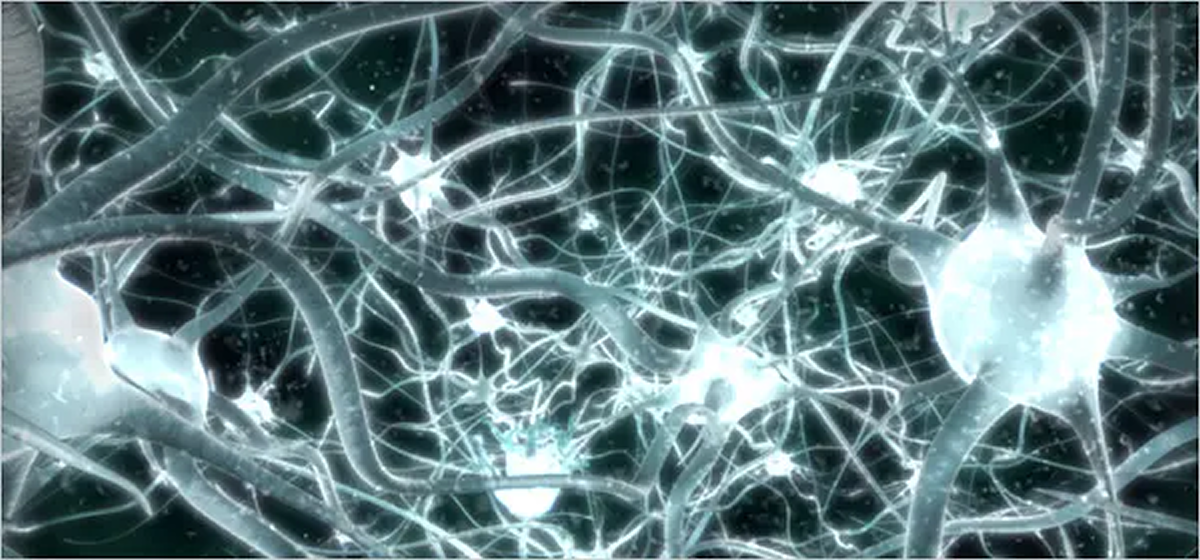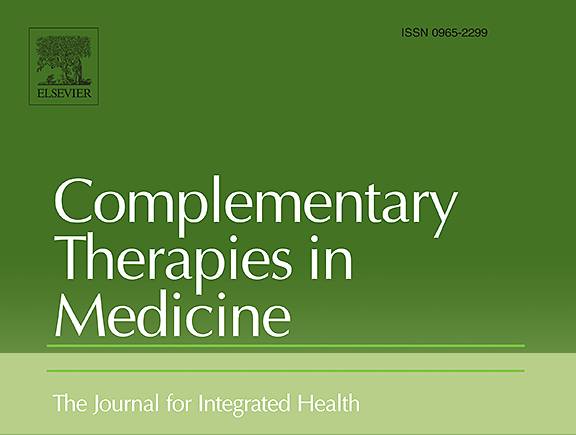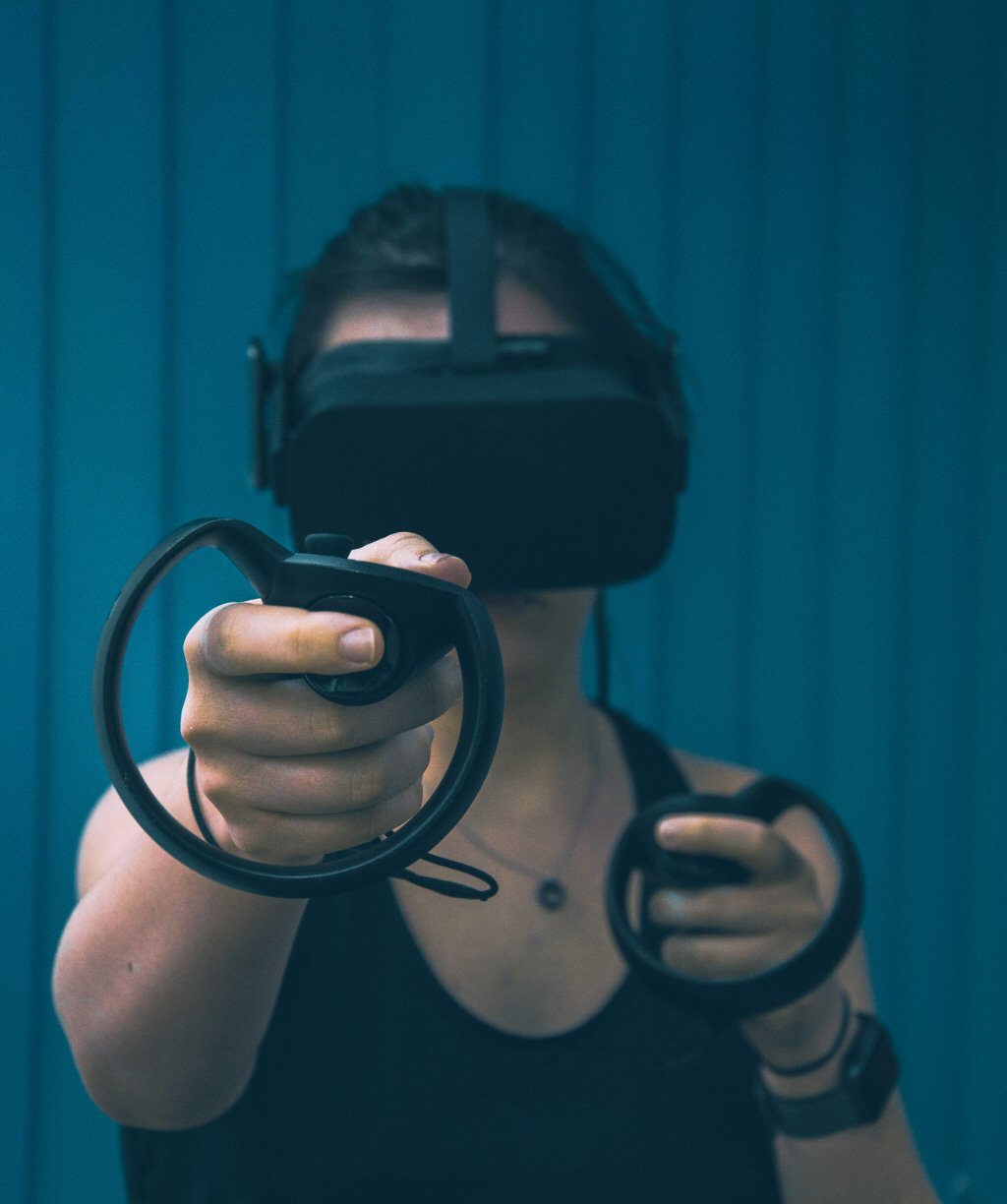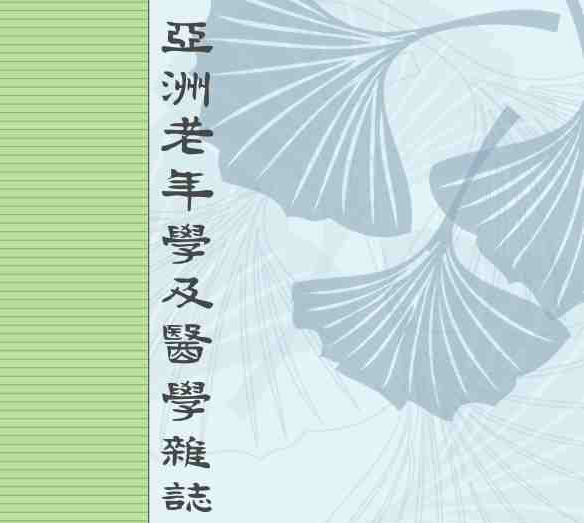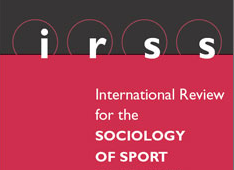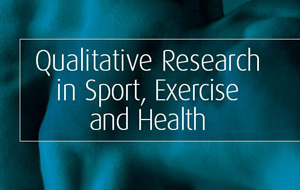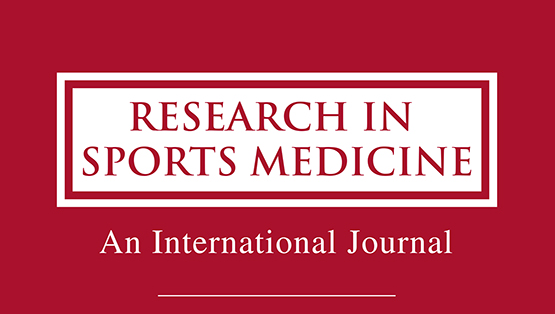admin
Comments are off
May 2021 | In book: Expériences du corps vivant | Publisher: L’Harmattan Abstract In spite of their inexhaustible variety, martial practices and energy medicines from China (wushu, taiji quan, qi gong, etc.) share at least one common element: they all stress the importance of shenfa (身法), an operative concept for which symptomatically we cannot give a satisfactory account with any direct translation. As an ability to link body parts together, shenfa presents itself as the master cog of body mechanics; but more importantly, it represents the cognitive condition of those activities, whether aimed at caring for health or seeking martial
admin
Comments are off
Complementary Therapies in Medicine Volume 60, August 2021, 102748 by Guo-YanYanga AngeloSabaga Wen-LiHaoab Li-NingZhangc1 Ming-XianJiad1 NingDaie HanZhangf ZahraAyatiag Yan-JunChengh Chen-HaoZhangi Xiao-WenZhange Fan-LongBuj MinWenak XianZhoua Jian-PingLiue Peter M.Waynel CarolynEea DennisChanga HosenKiatmn JenniferHuntera AlanBensoussana a NICM Health Research Institute, Western Sydney University, Penrith, NSW 2751, Australia b Public Health School, Inner Mongolia Medical University, Hohht, Inner Mongolia 010000, China c Graduate Research School, Beijing University of Chinese Medicine, Beijing 100029, China d China Resources Sanjiu Medical and Pharmaceutical Co. Ltd., Shenzhen, Guangdong 518110, China e Centre for Evidence-based Chinese Medicine, Beijing University of Chinese Medicine, Beijing 100029, China f School of Acupuncture and Massage, Beijing University of Chinese Medicine, Beijing 100029, China g Department of Traditional Pharmacy, School of Pharmacy, Mashhad University of Medical Sciences, Mashhad, Iran h Nanshan Maternal
admin
Comments are off
by Wenbo Li, Liangbin Yang, Xinke Leng, Weikun Liu The International Journal of Electrical Engineering & Education, July 2020 Abstract: With the theoretical and technical progress of Wushu education, the traditional teaching method of oral instruction and demonstration can no longer satisfy the needs of current Wushu education. To address this issue, the concept and basic characteristics of virtual reality technology were interpreted, and the effective path and challenges of applying virtual reality technology in Wushu education. The results of this study show that virtual reality technology contributes to the concrete presentation of implicit knowledge in Wushu, the construction
admin
Comments are off
21st World Congress on Qigong/Tai Chi/TCM/Natural Health was held last weekend to commemorate the 21st World Tai Chi & Qigong Day. Nearly 70,000 people watched this historic multi-lingual event last weekend, and here you will find Instructions on how to view recordings of this extraordinary worldwide event.
admin
Comments are off
The American Journal of Medicine, February 2021 by Liye Zou, PhD , Tao Xiao, PhD , Chao Cao, MPH, Ulf Ekelund, PhD, Yikyung Park, ScD, Lin Yang, PhD , et.al Abstract An umbrella review of systematic reviews and meta-analyses of randomized controlled trials (RCTs) was conducted to evaluate the existing evidence of Tai Chi as a mind-body exercise for chronic illness management. MEDLINE/PubMed and Embase databases were searched from inception until March 31, 2019, for meta-analyses of at least two RCTs that investigated health outcomes associated with Tai Chi intervention. Evidence of significant outcomes (P value < 0.05) was assessed using the Grading of Recommendations Assessment, Development
admin
Comments are off
by Robert W. Mcgee Biomedical Journal of Scientific and Technical Research, March 2021 Abstract Qigong has been around for more than 4,000 years. It contains aspects of martial arts, philosophy, theology, mindfulness, meditation, exercise, and Traditional Chinese Medicine (TCM). It is a subfield of both tai chi and health economics. Practicing qigong exercises on a regular basis can improve health and cause the body to function more efficiently. Thus, it is also a subfield of applied microeconomics in the sense that it increases efficiency. Numerous medical studies have been done on the effect of qigong
admin
Comments are off
Asian Journal of Gerontology and Geriatrics January 2021 15(2):96-96 by Siukan Law, Albert Wingnang Leung, Xu Chuanshan In the COVID-19 outbreak, older adults have a higher infection rate because of their weak immune system. Tai-Chi and Baduanjin are common Qigong exercises that combined deep breathing and relaxation with flowing movements to improve respiratory muscles, whole-body movement, and mental rehabilitation. (PDF) Tai-Chi and Baduanjin during treatment and rehabilitation of older adults with COVID‑19. Available HERE [accessed Apr 02 2021]. About the authors: Siukan Law: Department of Science, School of Science and Technology, The Open University of Hong Kong, Ho
admin
Comments are off
International Review for the Sociology of Sport (September 2020) Qinsong Han, Marc Theeboom, Dong Zhu Abstract The International Wushu Federation (IWUF) has been striving to get wushu (Chinese martial arts) into the Olympics for over three decades. As these efforts have not been successful to date, a study was set up to identify and evaluate the IWUF’s underlying ‘Olympic policy’ assumptions. A theory-based evaluation approach was used which was based on data collected through 20 semi-structured interviews including senior IWUF officials, coaches, national federation officers and scholars. Findings suggest that the IWUF’s Olympic policy is characterised by
admin
Comments are off
Qualitative Research in Sport, Exercise and Health (February 2021) A Bradshaw, L Walker, E Borgstrom & S.M. Burke Abstract Advanced, incurable disease is a highly stressful and traumatic life event that can lead to losses of social identity, social connectedness, and losses associated with bodily disintegration. The combination of these losses makes it difficult to remain socially active and sometimes results in experiences of social death. However, few studies have explored the role of group-based hospice activities for mitigating the impact of social death in people with advanced, incurable disease. The aim of this study was to explore the
admin
Comments are off
Research in Sports Medicine (January 2021) Liang Cheng1,2, Li Qian1, Shuwan Chang1 & Benxiang He2 1 Sichuan Sport College: Chengdu, Sichuan, CN 2 Chengdu Sport University: Chengdu, CN Abstract This study investigated the effects of Tai Chi exercise on the psychological health and sleep quality of older adult women after exercise cessation. Nineteen Tai Chi practitioners and 20 controls completed the final tests. All participants completed the Profile of Mood States (POMS) and the Pittsburgh Sleep Quality Index (PSQI) at 0, 24 and 28 weeks (4 weeks after Tai Chi cessation). Compared with baseline, the fatigue, depression, total mood disturbance


